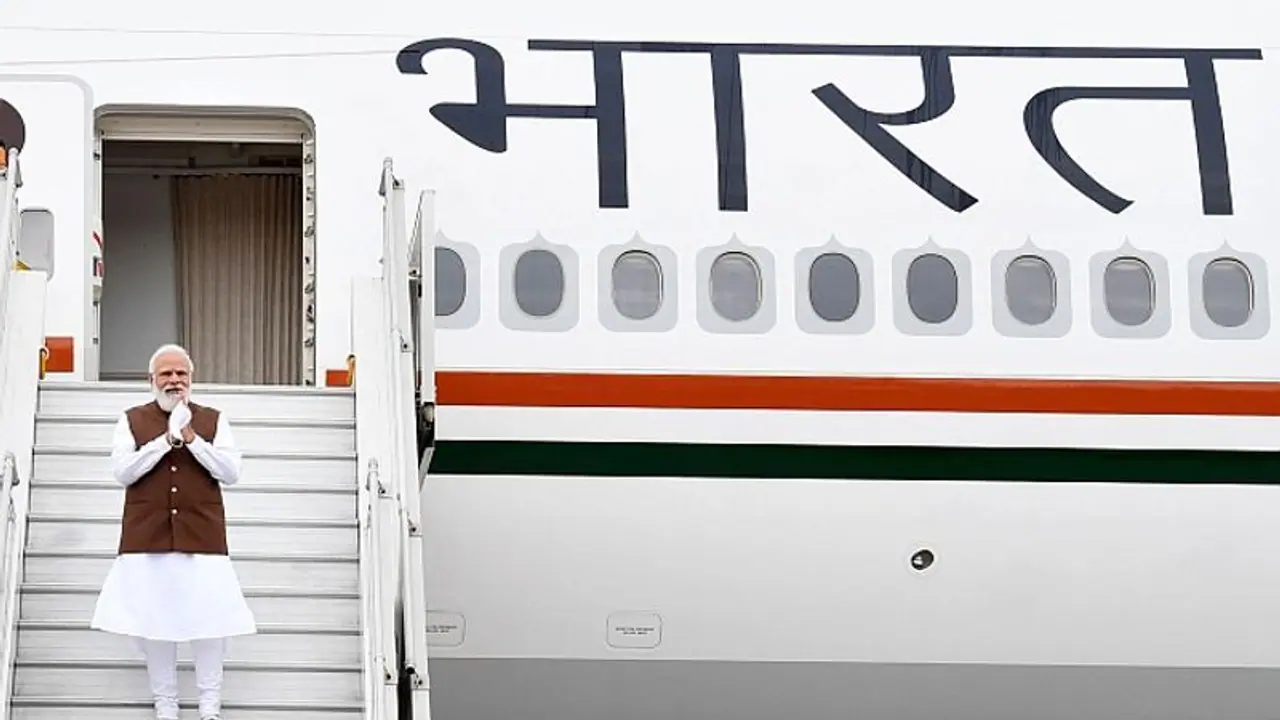During his five-day visit to the United States, Prime Minister Narendra Modi should coordinate with QUAD partners on the changing security situation in the region and underline the future of Indian policy direction in South Asia, security experts have said.
During his five-day visit to the United States, Prime Minister Narendra Modi should coordinate with QUAD partners on the changing security situation in the region and underline the future of Indian policy direction in South Asia, security experts have said.

Talking to Asianet Newsable, strategic security analyst and former Indian Army officer Major General Sudhakar jee (Retd) said, "In all the meetings, Afghanistan imbroglio would dominate the discussions. There would be demand for consensus-building about not according to legitimacy to the interim Taliban government until the UN Resolution number 2593 is complied with in entirety so as to honour and respect 'rules-based international orders'."
Also Read: Modi in US: PM says visit will consolidate ties with strategic partners
Imposition of sanctions on Pakistan for non-fulfilment of the Doha agreement should be an important takeaway in the impending in-person QUAD meeting, he said.
He also suggested that India must also take up the Free Trade Agreement for early implementation.
"India must insist on liberal investments as committed to in the past to speed up and meet stipulated deadlines," he added.
The strategic security analyst was of the view that the meetings with the US, Japan and Australia's premiers would provide clarity, among other things, on the new AUKUS (widely referred to as Australia-UK-US) alliance aimed ostensibly at countering China's growing influence in the Indo- Pacific region.
Also Read: Schedule packed with meetings with Biden, Harris, QUAD leaders, American CEOs and UNGA
"The in-person QUAD summit scheduled for Friday will bring all four leaders together amid the pandemic, signalling the strategic imperative of the initiative. The conceptual objective of the move, though evolving, would be primarily aimed at balancing China," Maj Gen Sudhakar Jee said.
Dhananjay Tripathi, who is a professor of international relations at the South Asian University, said, "PM Modi attending the QUAD meeting in-person shows priority for New Delhi. The other reason that makes his visit relevant is the present context of sudden political change in Afghanistan."
He was of the opinion that India would like to coordinate with QUAD partners on the changing security situation in the region.
During his address at the UNGA, Tripathi said that the prime minister will underline the future of Indian policy direction in South Asia; needless to say, it will include Afghanistan.
"The international community would also like to listen to what PM Modi has to say on the post-Covid-19 global economic recovery, in which India has a major role to play," the professor said.
Also Read: AUKUS not relevant, doesn’t have any impact on the functioning of QUAD
